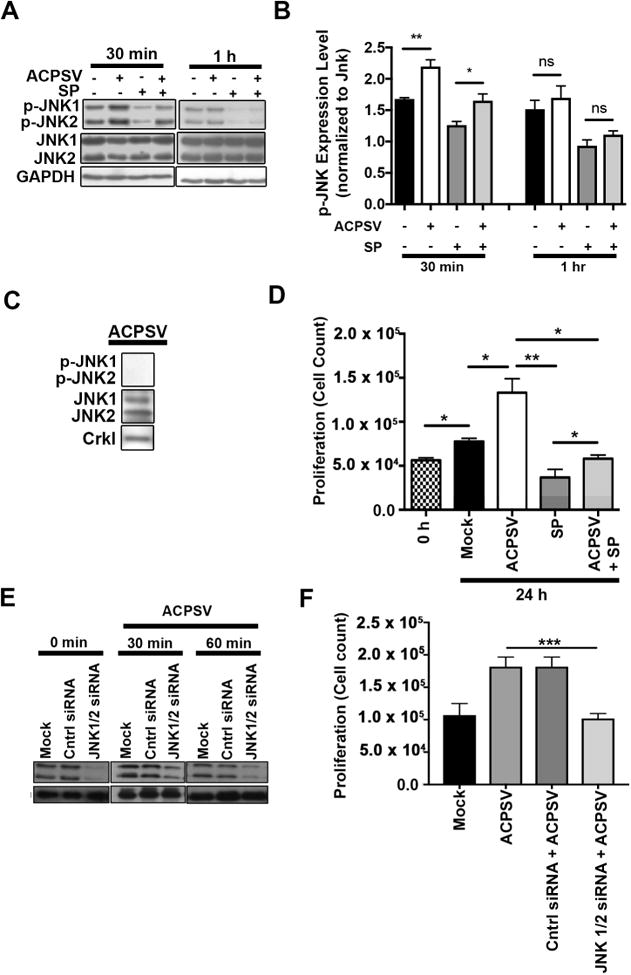Fig. 3. JNK activity is required for ACPSV-induced compensatory proliferation in bystander cells.

(A) The impact of ACPSVs on JNK1/2 activation (phosphorylation) in recipient HeLa cells in the presence and absence of 20μM JNK-specific inhibitor, SP600125 (SP), was assessed by Western blotting at 30 min and 1h after treatment with 16K fractions from serum-fed healthy (no ACPSV) or apoptotic (contains ACPSV) HeLa cells. Phospho JNK1/2 (p-JNK1/2) expression levels were normalized to total JNK1/2 protein levels and plotted in (B). Data are shown as Mean ± SEM (n=3, * p ≤ 0.05, ** p ≤ 0.01, One-way ANOVA). (C) ACPSVs were probed for phosphorylated and unphosphorylated JNK1/2. (D) HeLa cells were pre-treated with SP or DMSO (0.1%) for 2h prior to treatment with ACPSV or Mock. Proliferation was determined by measuring total cell counts at the time of treatment (0h) and 24h post treatment. Data are shown as Mean ± SEM (n=3, * p ≤ 0.05, ** p ≤ 0.01, *** p ≤ 0.001, One-way ANOVA). (E-F) HeLa cells were treated with JNK1/2-specific siRNA or scrambled control (Mock), 24h prior to ACPS vesicle treatment. (E) JNK1/2 levels were evaluated by Western blotting in HeLa recipient cells prior to vesicle treatment (0 mins) or 30 or 60 mins after vesicle treatment. (F) The ability of ACPSVs to induce proliferation in control or JNK1/2-depleted HeLa cells was evaluated 24h after vesicle addition by cell counts. The data indicate that JNK function is required in recipient cells to mediate CPS induced by ACPSVs. (n=3, ** p ≤ 0.001).
